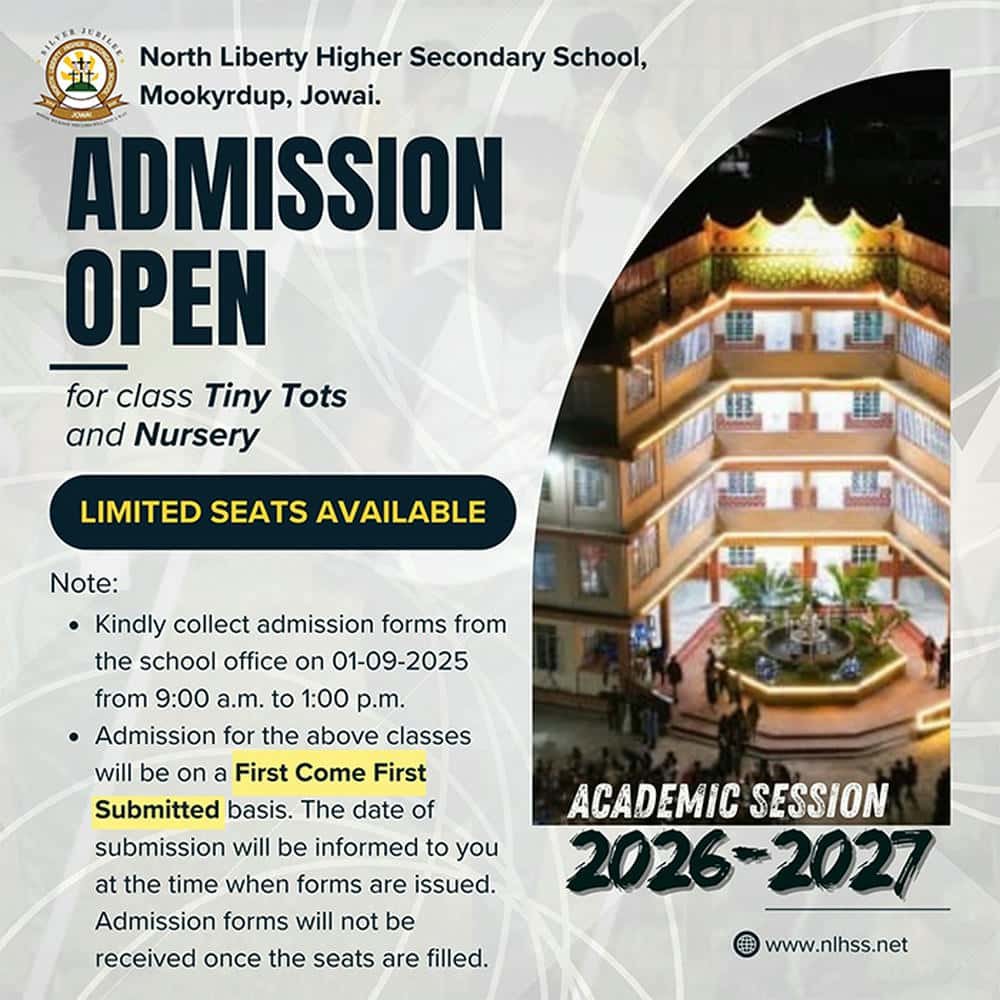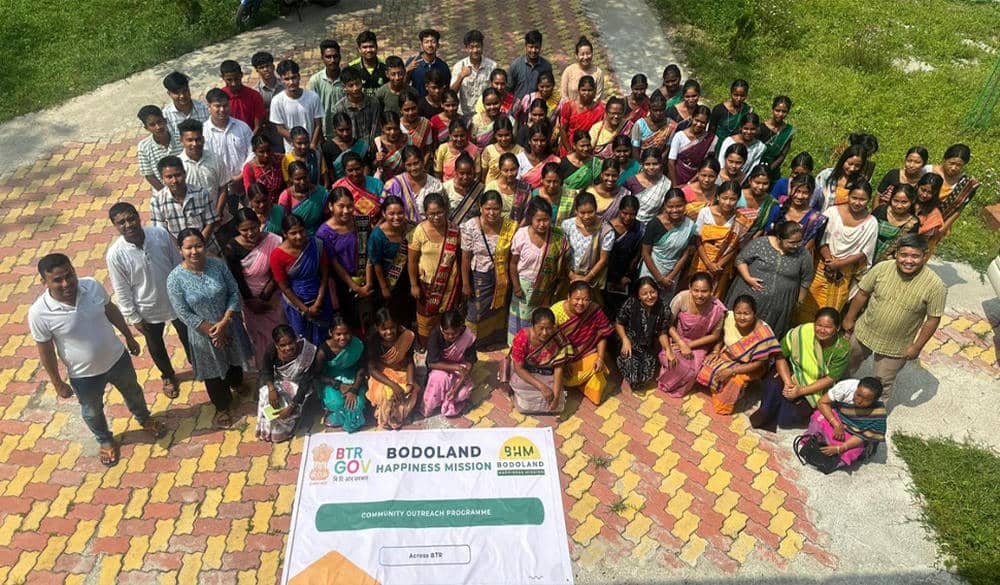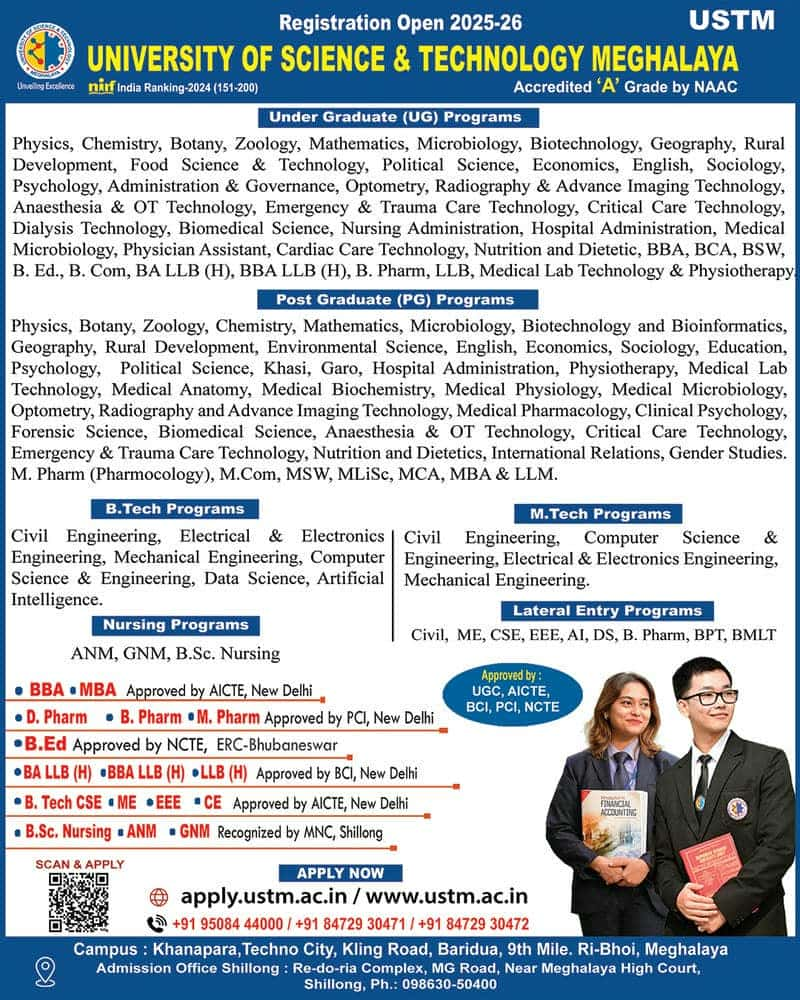From ashes to harmony: Bodoland’s Happiness Mission is healing a scarred land

When Jugamai Boro (name changed) lost her brother and home in the July 2012 riots of Bodoland, she thought life would never return to normal. The violence killed over 110 people, displaced more than 400,000 across nearly 400 villages, and forced thousands to live for months in 270 relief camps. Like Jugamai, survivors such as Mantu Soren and Ruhul Amin carried not just physical losses but also years of fear, anger, and the heavy burden of revenge.
Today, they speak differently. They no longer dream of retaliation but of forgiveness and reconciliation. What changed? They all point to one initiative: the Bodoland Happiness Mission.
A region long in turmoil
For nearly four decades, Bodoland has been marked by conflict. The demand for an autonomous Bodoland, beginning in the 1980s, triggered riots, insurgencies, curfews, and mass displacement. Entire generations were scarred: children dropped out of schools, youth fled for survival, and women and children endured vulnerability in relief camps.
Distrust hardened between communities divided by ethnicity, religion, and ideology. Violence became the norm, and peace seemed distant.
The birth of the Happiness Mission
In 2022, the Bodoland Territorial Region (BTR) administration under Chief Executive Member Pramod Boro, also president of the United People’s Party Liberal (UPPL), launched the Bodoland Happiness Mission across Kokrajhar, Baksa, Udalguri, and Chirang districts.
The mission’s focus is unusual for a conflict-hit area: mental and emotional wellbeing. It promotes mindfulness, emotional intelligence, and trauma healing to help communities overcome decades of anger. Its larger goal is to build resilience, encourage dialogue, and ensure that 26 diverse communities of BTR can live together peacefully.
Alongside therapy, the administration has pushed inclusive projects—a Museum-cum-Research Centre for all communities, and the Bodoland Engaged Ethnography Initiative, a multilingual word-book promoting cultural inclusivity.
Healing minds, rebuilding bonds
The Happiness Mission works at the grassroots. Hundreds of survivors like Jugamai, Mantu, and Ruhul attended counselling and peace-building workshops that reframed their outlook.
“They helped us realise that the ‘weight of revenge’ was only haunting us,” said one participant. “Happiness gives strength; forgiveness gives peace.”
Since 2023, over 1,700 peace volunteers have been trained, and more than 15,000 people—including former insurgent leaders— have joined workshops and dialogue sessions. Many emerged as ‘Happiness Champions’, organising peace circles, mediating conflicts, and spreading reconciliation across villages.
Former Adivasi insurgent leader Sambhu Hansda now champions the initiative: “The Happiness Mission has brought back peace in Bodoland. I am optimistic it can bring permanent peace.”
Women at the forefront
Women, often the worst affected during the conflict years, are playing a pivotal role in peace-building. The mission has actively involved women leaders, political representatives, and community figures in dialogue platforms. Their participation is fostering trust across communities, breaking the cycles of silence and fear.
Behind the Scenes
Much of the programme’s design and execution owes credit to Sunny Donkupar Mawiong, Director of Earthtree, who shaped the mission’s curriculum and ensured it reached remote corners of BTR.
Senior adviser Prabhat Chandra Sutradhar of All BTR Sutradhar Sanmillan calls it “a game-changer in insurgency-ravaged Bodoland.”
A collective commitment
Inclusivity lies at the heart of the Happiness Mission. By engaging youth leaders, student unions, and village councils, it strengthens local ownership of peace. By highlighting shared culture and interdependence, it reduces mistrust among the 26 communities.
The mission is more than counselling sessions. It is a deliberate attempt to replace the legacy of hatred with shared healing. For a land once synonymous with strife, this shift is nothing short of remarkable.
From pain to peace
For survivors like Jugamai Boro, the change has been personal and profound. She has forgiven those who burned her home and killed her brother. She has let go of vengeance to embrace reconciliation.
Her journey mirrors that of thousands across Bodoland. The path to forgiveness is never easy, but the Happiness Mission is proving that healing is possible—even in a region scarred by decades of communal violence.
In Bodoland today, happiness is not just an emotion. It is a strategy for peace.




Leave a Reply